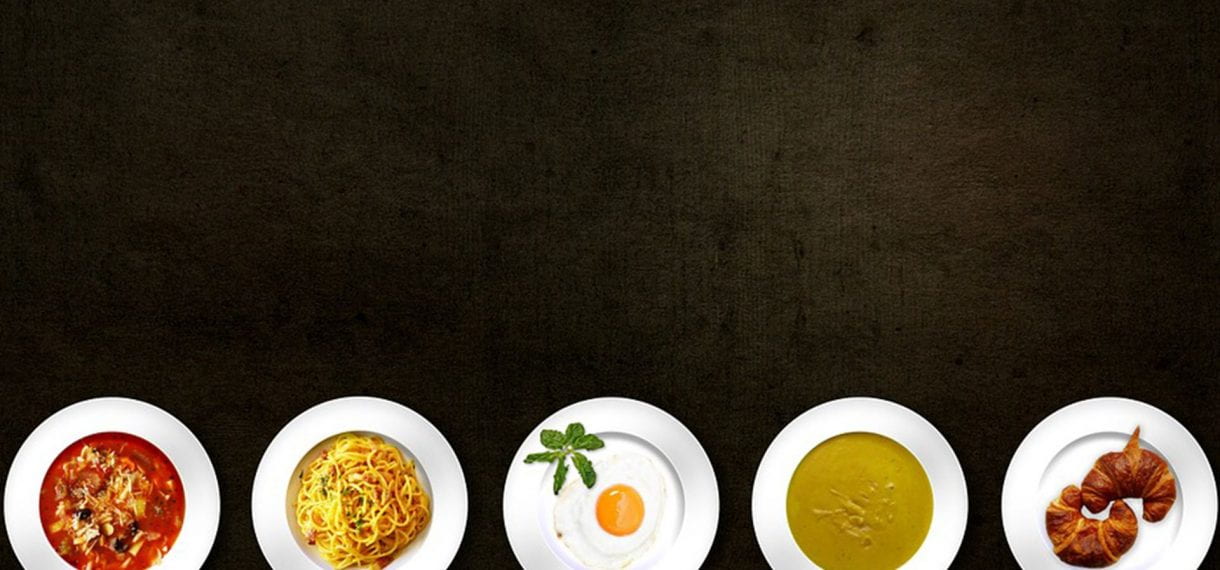

Cutting-edge food science reveals how to Finish Your Plates and reduce food waste
Pioneering work which aims to eliminate food waste will be showcased at the UK’s most prestigious science exhibition by researchers from the University of Lincoln.
The team from the National Centre for Food Manufacturing (NCFM), at the University’s Holbeach Campus, is cooking up innovative ways to help consumers significantly reduce food waste, through food preservation and packaging design.
Led by Dr Wayne Martindale, a specialist in food insight and sustainability, the team will be demonstrating their high-tech methods at the Royal Society Summer Science Exhibition (July 1-7 2019).
Dr Martindale said: “By putting the consumer at the centre of any assessment of food waste, our aim is to design waste out of every meal.
“Our food choices are global and our work focuses on reducing the risk of food waste happening during its journey to our plates. Beef from Brazil, avocados from Mexico, lamb from New Zealand, wines from South Africa and green beans from Kenya – our food shopping lists have a distinctly international flavour. Responsible sourcing means we must consider how we manufacture, package and preserve ingredients and foods so that safety, quality and sustainability credentials are met.”
The researchers have created new ways of dehydrating fruit and vegetables to produce flours that can then be used in bakery and snack products. They have developed efficient manufacturing methods using freeze driers to turn would-be waste products into tasty and functional ingredients. For example flours made from cauliflowers, beetroots and sweet potatoes can be used in pizza bases and bakery products rather than being thrown away or fed to animals.
Using new technologies like this extends the shelf life of fresh produce and in turn reduces food waste.
At the Royal Society’s Summer Science Exhibition, the NCFM team will host a demonstration called Finishing Your Plates, in which they will show how preserving flavours and manufacturing ingredients that are ready to use means every meal is maximised.
As well as highlighting the importance of not buying too much, of preparing just enough and of storing food so that it lasts and remains safe to eat, the Finishing Your Plates demonstration will show exactly how fruit and vegetables can be preserved. It will put what we enjoy and what we do with food at the centre of the sustainability discussion.
“The consumer is key and understanding how food is prepared can help answer many issues as to why sustainable targets are not reached,” Dr Martindale said. “Cooking skills in the food factory and home kitchen are on our research priority list because they are the most likely sources of reducing food waste. It is not just a carbon or waste reduction debate, it is about innovations that meet consumer choices. Our food choices are at the core of getting food sustainability right, so this needs to be centre of the plate in terms of research.”
The Royal Society Summer Science Exhibition is a free week-long festival, running from 1 – 7 July, celebrating the cutting edge of UK science, with a programme of thought-provoking talks, demonstrations and performances alongside 22 exhibits of hands-on science and technology.
The Finishing Your Plates demonstration is supported by NCFM research in food waste reduction. This includes the Food Heroes Project, which reduces European food losses by preventing food degradation. The Food Heroes project is developing, testing and implementing 15 innovative waste reduction solutions, involving at least 120 food and beverage companies.
More information on the Finishing Your Plates demonstration is available online.